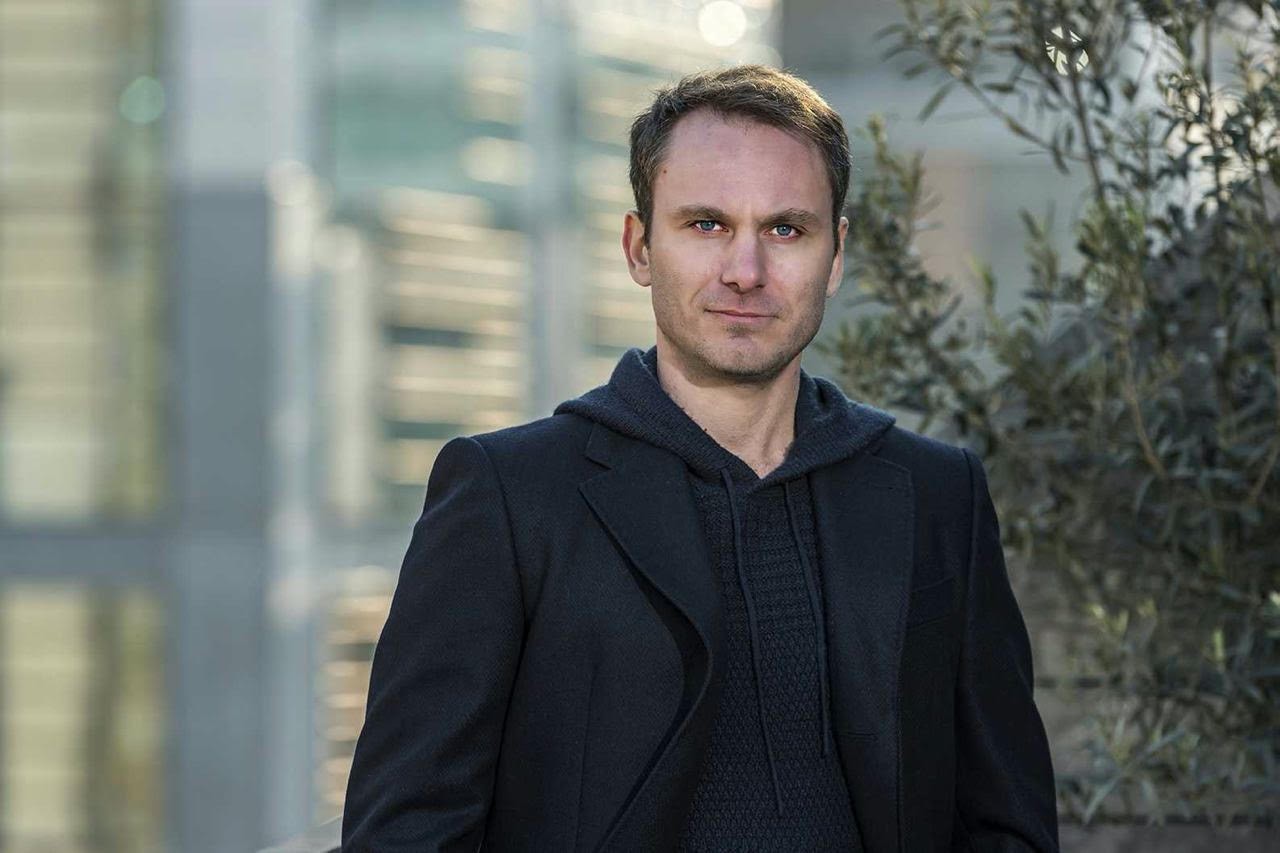Tether Eyes US-Compliant Stablecoin Amid Regulatory Uncertainty
06.04.2025 21:13 2 min. read Alexander Stefanov
Tether, the leading stablecoin issuer, is considering introducing a new stablecoin tailored for the U.S. market if upcoming regulations force its flagship product, USDT, out of the country.
Paolo Ardoino, the company’s CEO, has hinted at this contingency plan, emphasizing that the global operations of Tether are unlikely to be significantly affected despite the regulatory uncertainties.
During a recent discussion, Ardoino addressed the speculation surrounding Tether’s potential exit from the U.S. He explained that while the company’s main stablecoin is optimized for emerging markets, they are exploring the possibility of creating a separate payments-focused stablecoin specifically for U.S. compliance. This move would help maintain a presence in the American market even if regulations become more stringent.
In the U.S., lawmakers are pushing for tighter control over stablecoins, particularly those issued abroad. Two proposed pieces of legislation, the STABLE Act and the GENIUS Act, aim to impose rigorous standards, including compliance with anti-money laundering protocols, regular audits, and adherence to the Bank Secrecy Act. Given Tether’s registration in El Salvador, these laws would directly impact the company’s operations if enacted.
Transparency issues have long been a point of contention for Tether, with critics questioning whether the company has ever completed a full audit of its reserves. Ardoino responded to these concerns by revealing that Tether is currently in talks with some of the world’s leading accounting firms to address this issue, aiming to enhance credibility.
Amid rumors suggesting that Tether might completely withdraw from the U.S. to avoid regulatory challenges, Ardoino dismissed such speculation as unfounded. He argued that these claims stem from competitors trying to discredit the company. To reinforce Tether’s continued commitment to the U.S. market, Ardoino spoke from Cantor Fitzgerald’s New York office, where the company holds a portion of its U.S. Treasury reserves.
-
1
Singapore Court Orders Multichain Liquidation After Major Exploit
16.05.2025 17:00 1 min. read -
2
Stablecoin Issuers Could Soon Be Major Buyers of U.S. Treasuries, Says Senator
22.05.2025 16:00 2 min. read -
3
Binance Pushes Back Against FTX Lawsuit, Calls Claims “Baseless”
21.05.2025 8:00 2 min. read -
4
Ark Invest Buys Into eToro as Shares Surge on Nasdaq Debut
16.05.2025 8:00 1 min. read -
5
New Ethereum Initiative Targets Institutional-Grade Security Standards
16.05.2025 14:00 1 min. read
ARK Invest Makes Bold Bet on Circle as Stablecoin Giant Enters Wall Street
Circle’s arrival on the New York Stock Exchange sent shockwaves through the market, and Cathie Wood’s ARK Invest wasted no time jumping in.
WazirX Restructuring Plan Blocked by Singapore High Court
WazirX’s bid to restructure and compensate victims of a $230 million hack has been rejected by the Singapore High Court, putting the exchange’s recovery roadmap in limbo.
Tariffs Not a Threat to S&P Momentum, Says Fundstrat’s Tom Lee
Fundstrat’s Tom Lee believes that lingering caution in the stock market could actually be setting the stage for another bullish breakout.
Circle Soars in NYSE Debut Amid Surging Stablecoin Interest — But Not Everyone’s Cheering
Circle, the company behind the USDC stablecoin, made a dramatic entrance onto the New York Stock Exchange on June 5, with its stock skyrocketing 167% by market close.
-
1
Singapore Court Orders Multichain Liquidation After Major Exploit
16.05.2025 17:00 1 min. read -
2
Stablecoin Issuers Could Soon Be Major Buyers of U.S. Treasuries, Says Senator
22.05.2025 16:00 2 min. read -
3
Binance Pushes Back Against FTX Lawsuit, Calls Claims “Baseless”
21.05.2025 8:00 2 min. read -
4
Ark Invest Buys Into eToro as Shares Surge on Nasdaq Debut
16.05.2025 8:00 1 min. read -
5
New Ethereum Initiative Targets Institutional-Grade Security Standards
16.05.2025 14:00 1 min. read


